By Ify Obi.
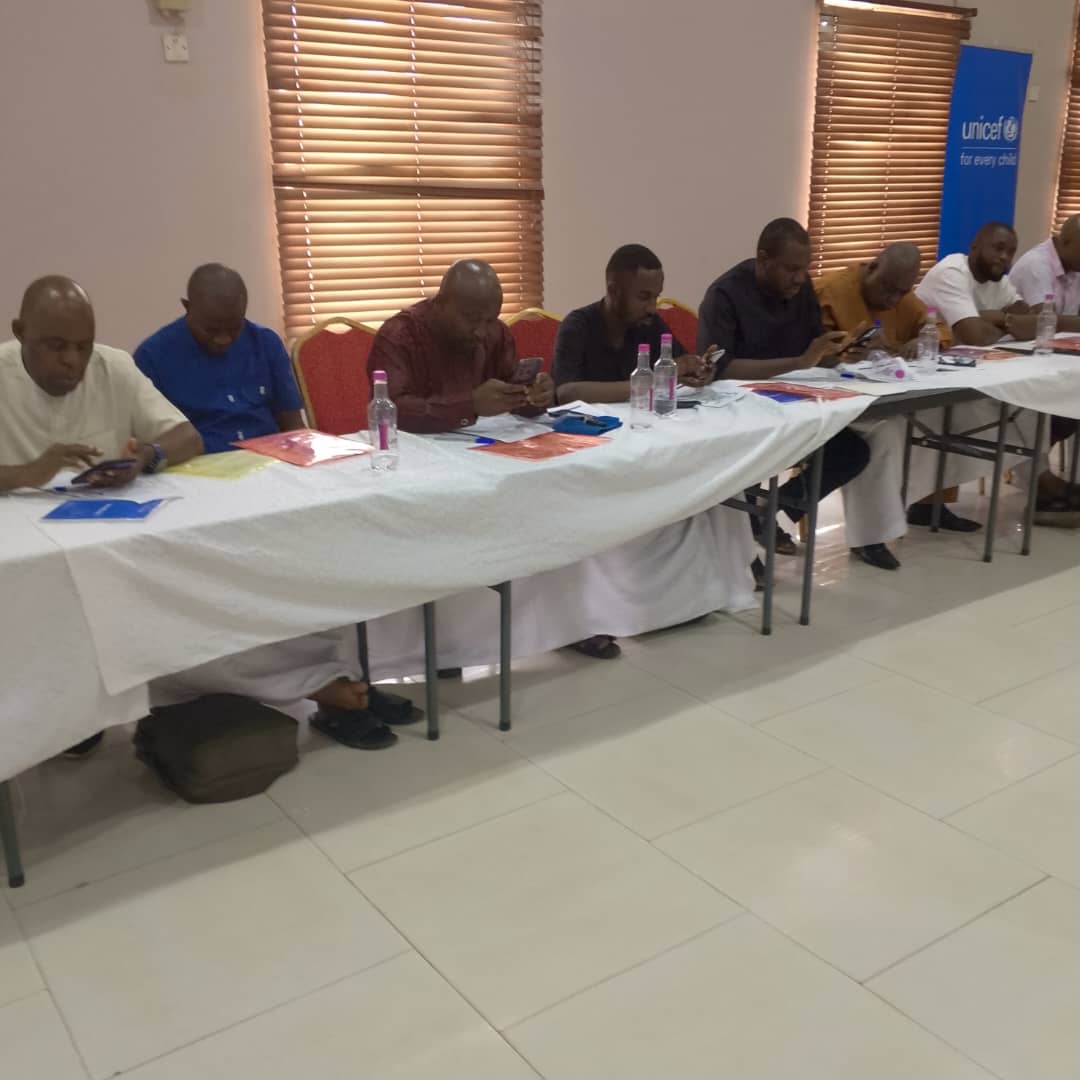
Today is International Day of Zero Tolerance For Female Genital Mutilation Against Female Genital Mutilation (FGM), a day dedicated by United Nations to raise awareness about this grave human rights violation and intensifying efforts to eradicate it.
FGM, encompassing all procedures involving partial or total removal of the external female genitalia or other injury to the female genital organs for non-medical reasons, is a practice rooted in gender inequality and deeply harmful to the physical and psychological well-being of women and girls. It’s a practice that violates their fundamental rights and denies them their bodily autonomy.
The International Day Against FGM, first recognized by the United Nations in 2012, is a crucial platform for galvanizing global action. Spearheaded by organizations like the World Health Organization (WHO), UNICEF, and UNFPA, this day serves to amplify the voices of survivors, highlight the devastating consequences of FGM, and promote collaborative efforts to end this harmful practice. It provides an opportunity to reflect on progress made, acknowledge remaining challenges, and renew our commitment to protecting the rights of women and girls.
FGM has no health benefits; it only inflicts harm. The immediate and long-term health risks are severe, ranging from infections, hemorrhage, and severe pain to difficulties with urination, menstruation, and childbirth. Beyond the physical trauma, FGM has profound psychological consequences, often leading to anxiety, depression, and post-traumatic stress disorder. It robs girls of their childhood, their dignity, and their potential.
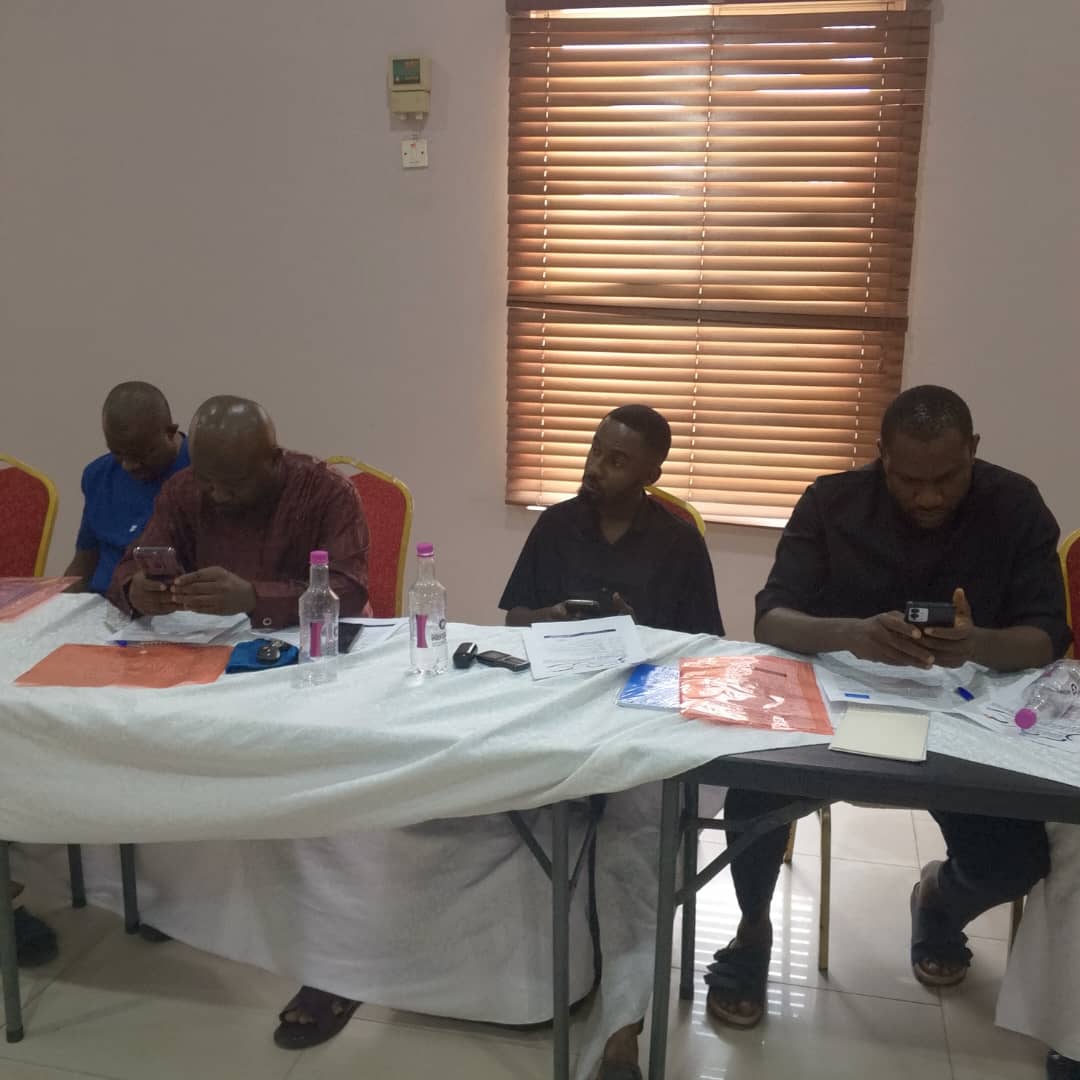
The practice of FGM is a global issue, though it is concentrated in certain regions of Africa, the Middle East, and Asia. It is often justified by cultural or religious beliefs, but these justifications cannot outweigh the fundamental human rights of girls and women. FGM is a violation of their right to health, their right to bodily integrity, and their right to life itself.
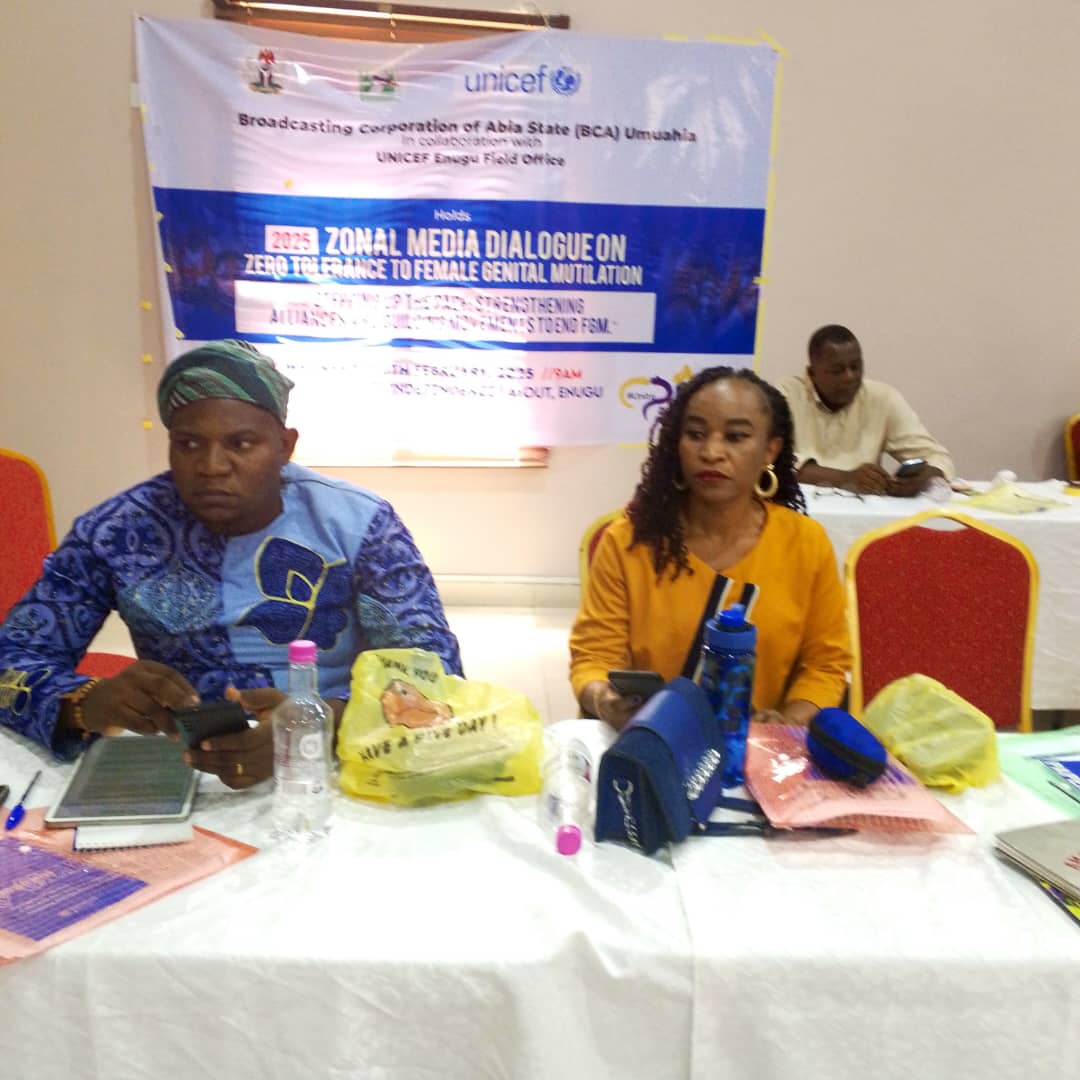
The importance of this day lies in its power to break the silence surrounding FGM. It is a call to action for governments, communities, and individuals to work together to challenge the social norms that perpetuate this practice. Education, awareness campaigns, and legal frameworks are essential tools in this fight. We must empower communities to abandon FGM from within, ensuring that they understand the devastating consequences and embrace alternative rites of passage that celebrate girls’ transition to womanhood without causing harm.
Ending FGM requires a multi-faceted approach. Governments must enact and enforce laws prohibiting the practice. Communities must engage in open dialogue to challenge the cultural beliefs that underpin it. Healthcare providers must be trained to provide sensitive and appropriate care to survivors. And, crucially, we must listen to the voices of survivors themselves, who are the most powerful advocates for change.
Everyone has a role to play in ending FGM. We must challenge harmful norms, support organizations working on the ground, and educate ourselves and others about the devastating impact of this practice. We must create a world where all girls and women are free from violence and discrimination, where their bodies are respected, and their rights are protected.
On this International Day Against Female Genital Mutilation, let us renew our commitment to ending this harmful practice once and for all. Let us amplify our voices, strengthen our efforts, and work together to create a future where all girls and women can live with dignity and reach their full potential. The time for action is now. Let us break the silence and end FGM.
UNICEF Enugu Field office joined in this years commemoration with a call to strengthen social movements and strategic coalitions to eliminate female genital mutilation and cutting in the country .
In her welcome remarks at Enugu during a zonal media dialogue with Journalists, media executives and CSOs in Imo, Abia, Anambra, Enugu and Ebonyi States organized by UNICEF Enugu field office in collaboration with Broadcasting Corporation of Abia State (BCA) Umuahia to commemorate this years International Day of Zero Tolerance for Female Genital Mutilation Day,
the Chief of Field office, UNICEF Field Office Enugu, Mrs Juliet Chiluwe stated that UNICEF
with the State ministries of Women Affairs, Health , Justice and other state and non state actors including the Police, traditional, religious and community leaders is working tirelessly in mobilizing individuals and groups, seeking behaviour change as well as facilitating efforts towards ending the practice of female genital mutilation at the family, household and community levels.
She regretted that according to Nigeria Multiple Cluster Survey (MICS 2021) Nigeria still have unacceptable prevalence rates across the Southeast states, with Imo State ranking 1st at 38 percent prevalence among women age 15-49 years and 9.7 percent, prevalence among girls age 0-14 years.
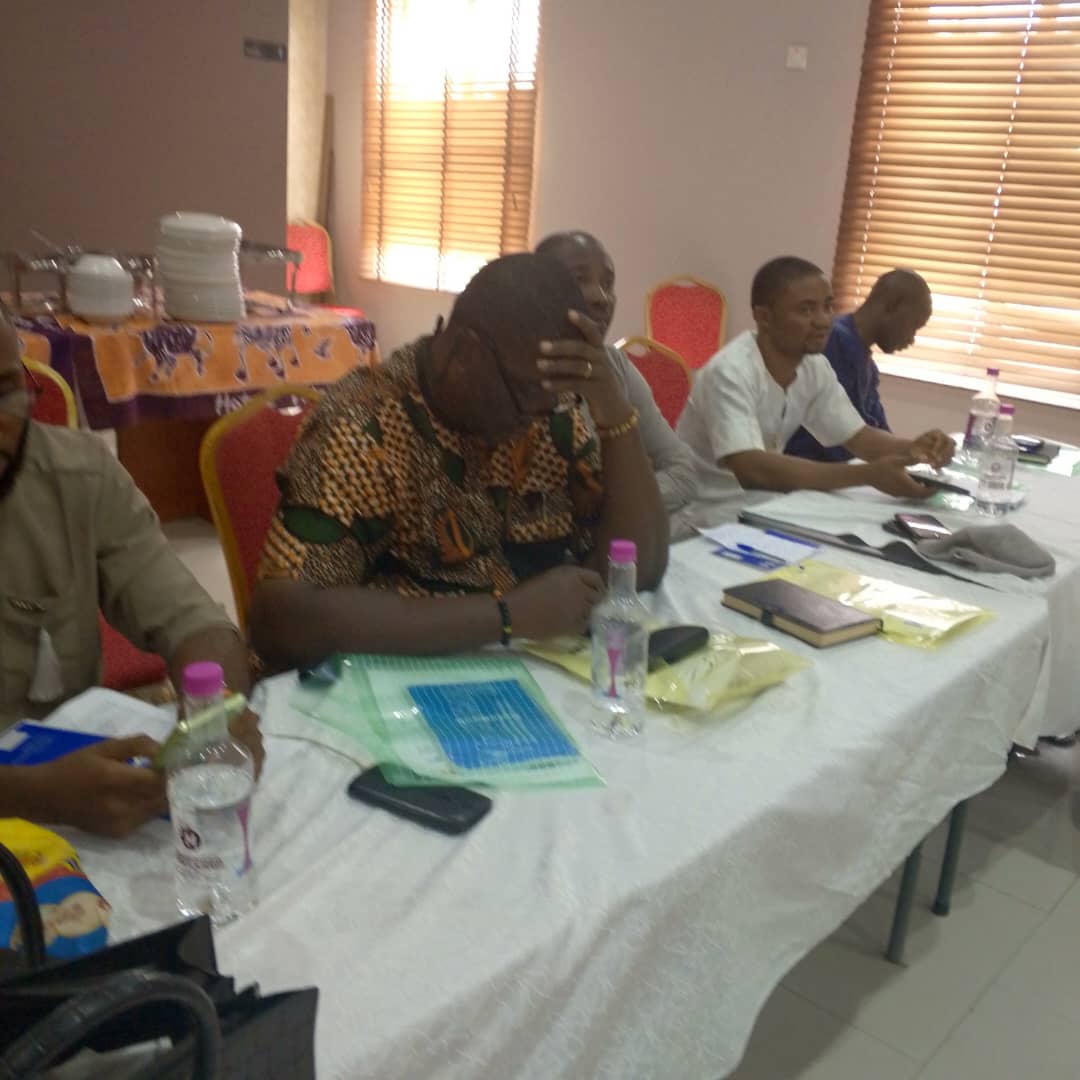
Mrs Chiluwe maintained that this is the most critical time to step up the Pace especially through Strengthening Alliances among grassroots activists, communities, governments, organizations and the private sector to build a strong social movement that ends harmful norms and builds movements.
Stating the Objective of the dialogue. the communication Officer, UNICEF Field office, Enugu, Dr Ijeoma Onuoha Ogwe said it is a call to action for media stakeholders to use their various platforms to sensitize, create awareness and educate the public about FGM&C and it’s harmful effects on women and girls.
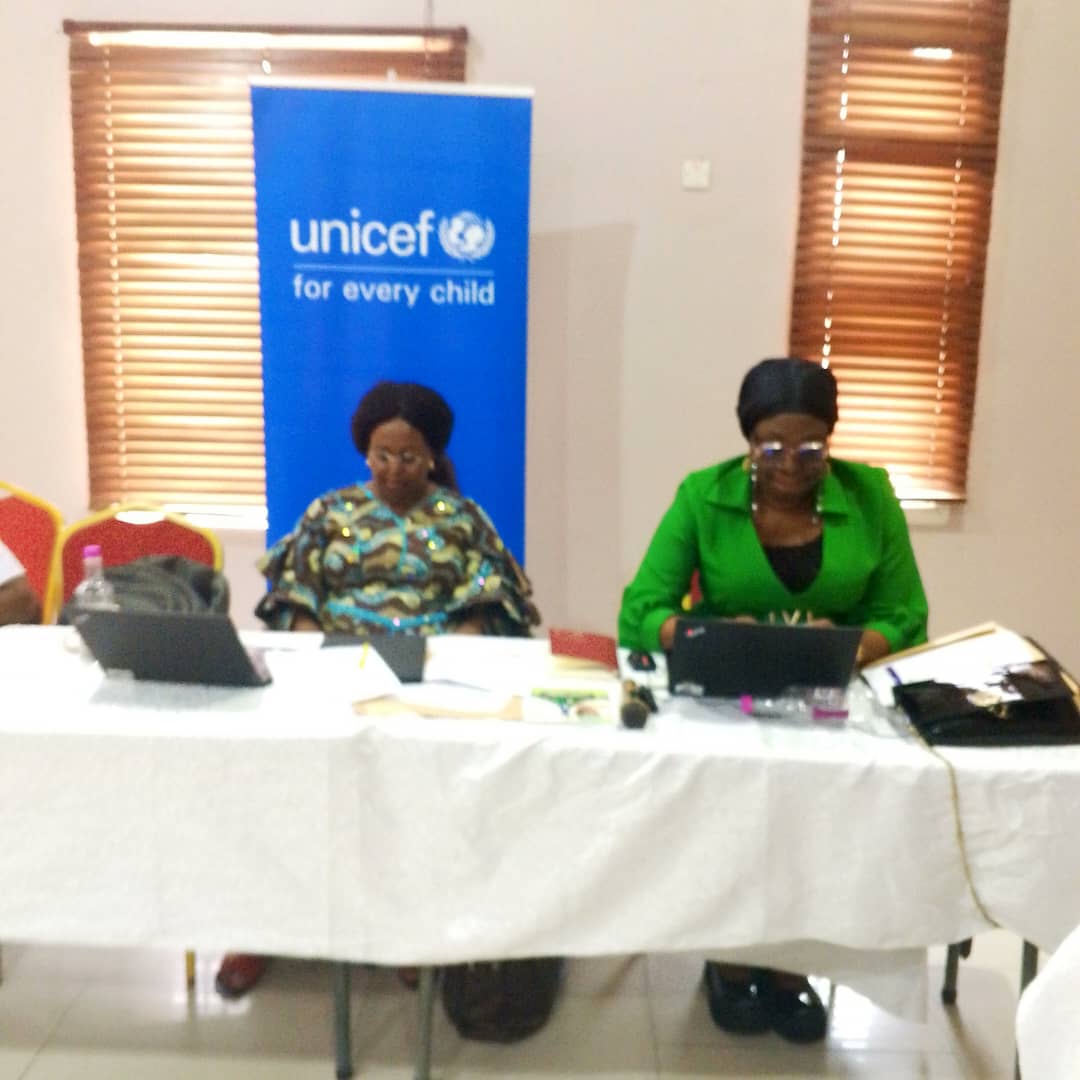
Mrs Ogwe described the theme for this year’s International day FGM centering on “Stepping Up the Pace: Strengthening Alliances and Building Movements to end FGM as apt as UNICEF is poised to ensure every hand is on deck to protect the girl child from such harmful Mutilation
Dr Chikezie Obasi, the lead resource person at the zonal dialogue described
Female Gender mutilation and cutting as very harmful practices against women and girls which undertaken ignorantly as a traditional rite aimed at limiting sexual enjoyment and protecting female chastity.
He further buttressed the health implications of FGM on women, emphasizing that the practices can have diverse effects on women and called for total elimination

The Dialogue was attended by media Executives including the Station Manager, Mrs Ify Obi